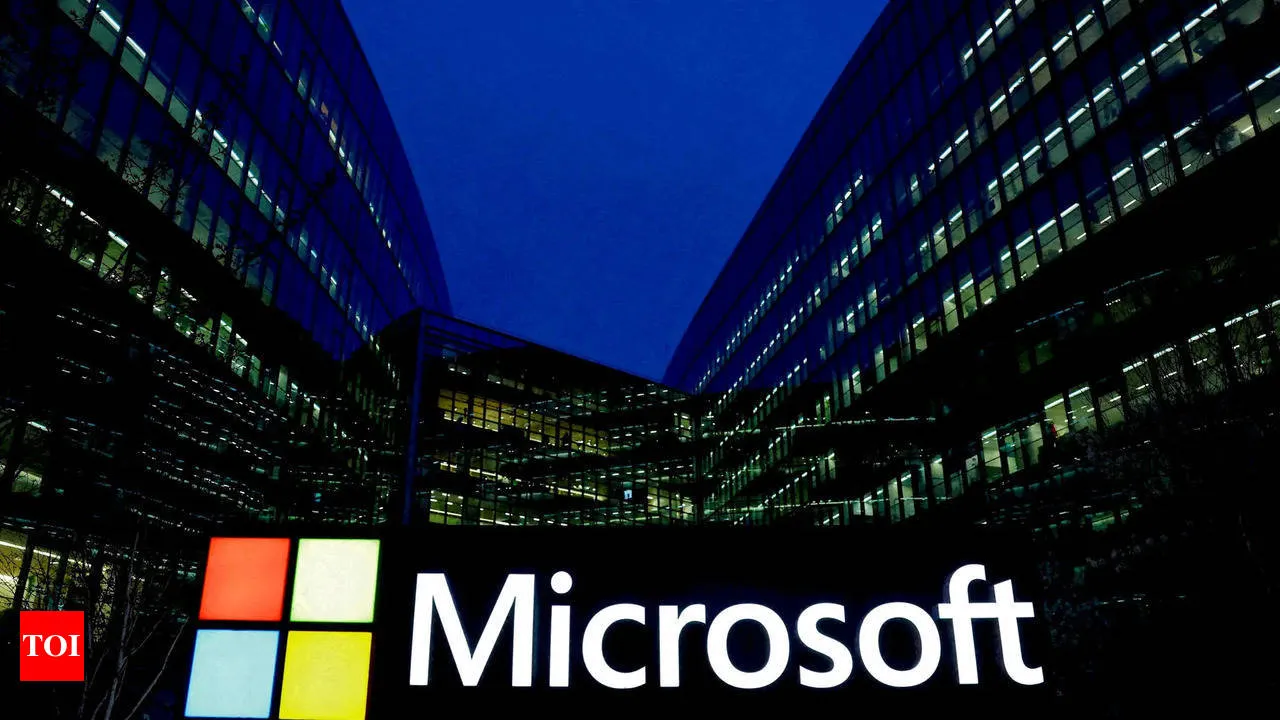Microsoft's Recall AI: Major Security Upgrades with Biometric Authentication and Data Encryption

Microsoft's Strategic Response to Security Concerns
Microsoft has announced significant security upgrades for its Recall AI feature, which creates a record of user activity on their PCs. Following concerns raised by security researchers about the potential for hackers to exploit the tool, Microsoft has implemented several measures to enhance its security.
New Control Features for Users
In an interview with Bloomberg, David Weston, a vice president for enterprise and operating system security, emphasized that the company heard critiques 'loud and clear' and set about devising layers of security safeguards for Recall designed to thwart even the world’s most sophisticated hackers.
- Data Filtering: Users can filter out specific apps or websites.
- Sensitive Content Filtering: This feature will be enabled by default.
- In-Private Browsing Updates: In-private browsing data will no longer be saved.
- Biometric Authentication: Recall can only be activated through biometric authentication.
- Secure Data Storage: Collected data will be stored in an isolated environment and encrypted locally.
Enhanced Security Measures
Microsoft emphasizes that Recall is designed to help users navigate their PC's history more efficiently. Nevertheless, the company has taken steps to address security vulnerabilities:
- Sensitive data will be encrypted and stored locally on the user's machine, requiring biometric authentication for access.
- Recall will have a built-in timeout feature to prevent unauthorized access.
The revised version of Recall will be available in beta form next month. While it will be available on Copilot+ PCs, businesses will need to opt-in to use it on their machines.
This article was prepared using information from open sources in accordance with the principles of Ethical Policy. The editorial team is not responsible for absolute accuracy, as it relies on data from the sources referenced.